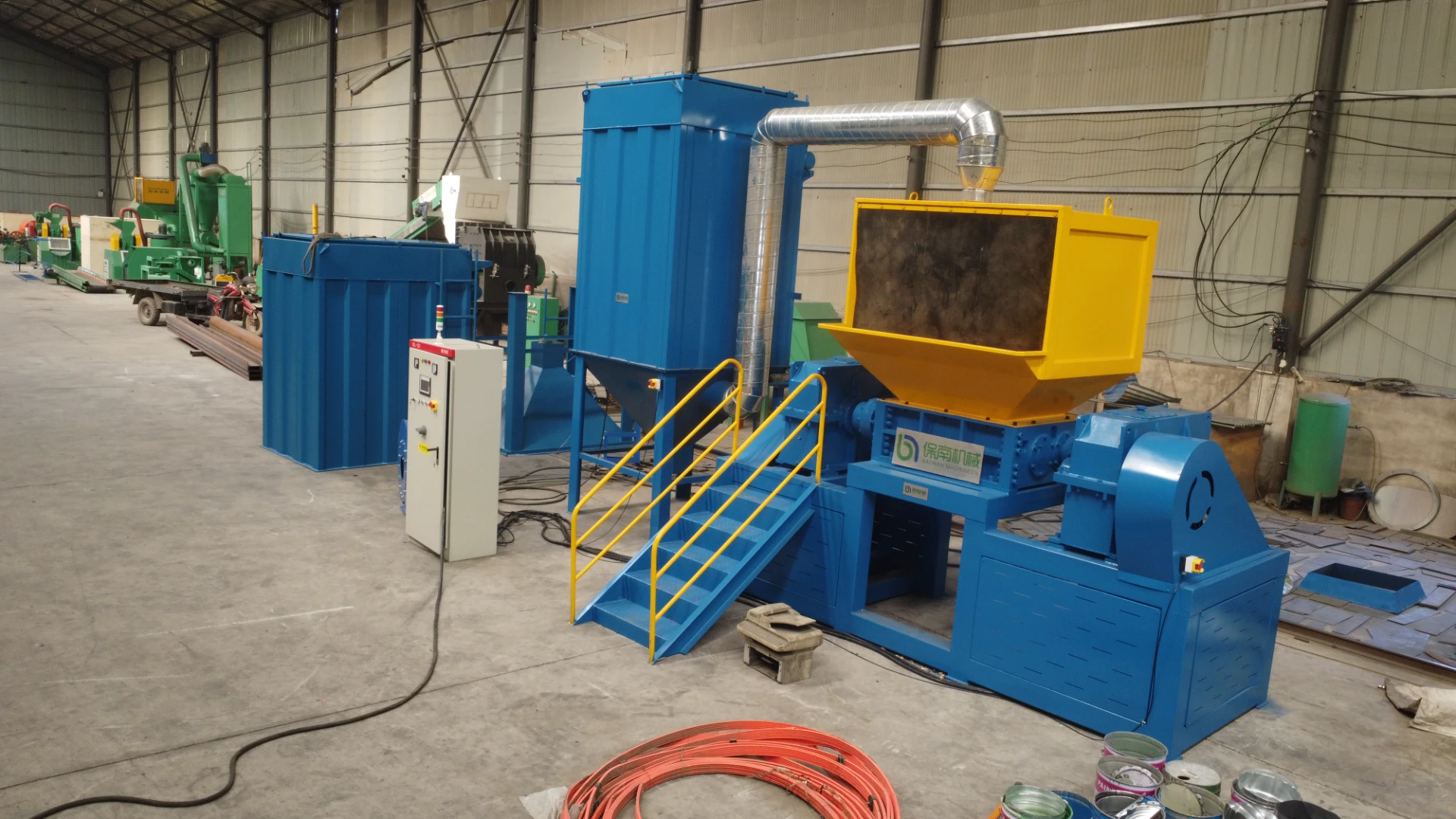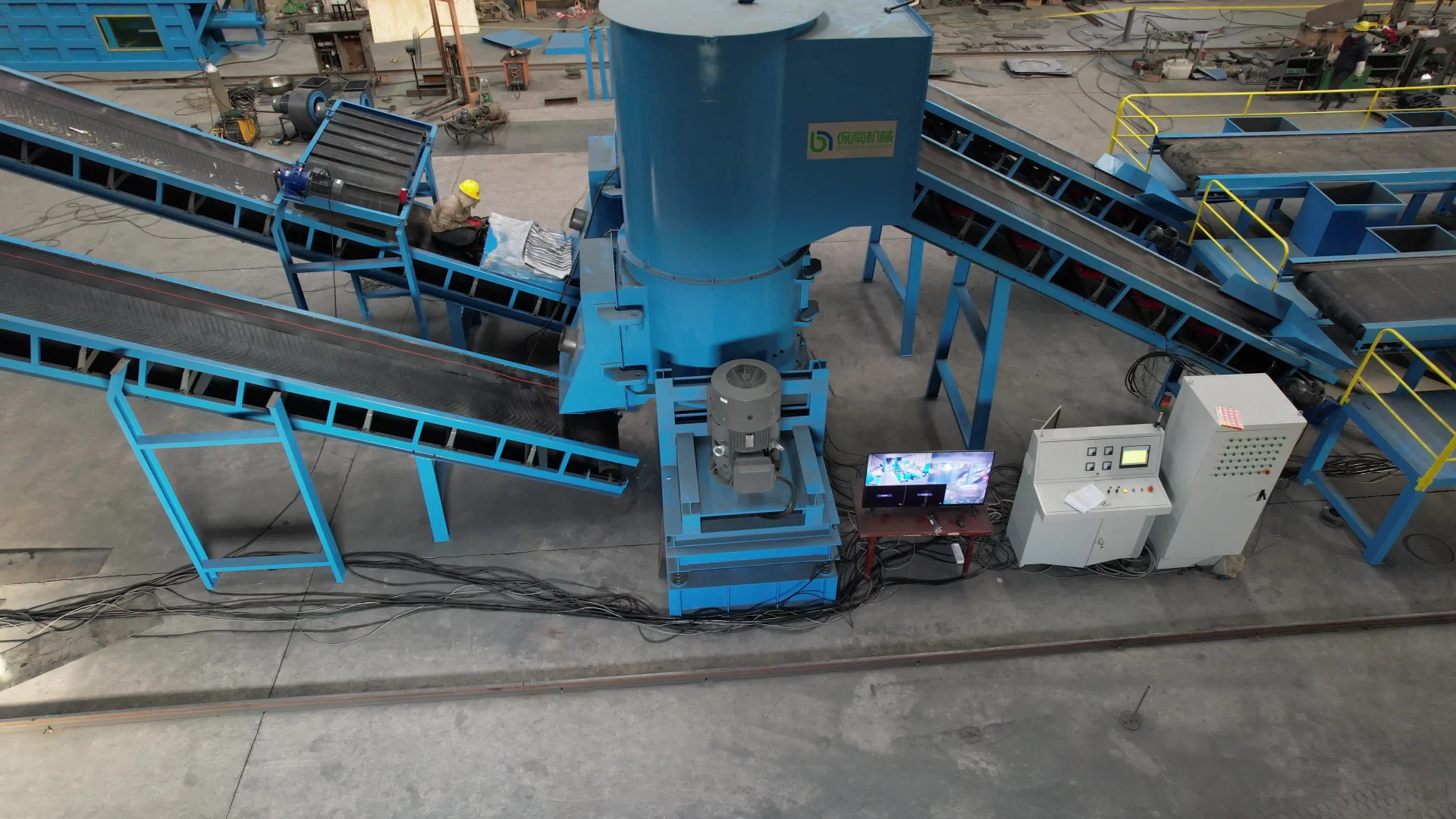As technology evolves, the lifespan of electronics—especially flat screen TVs—seems to decrease, leaving many to wonder how to appropriately dispose of these once beloved devices.
Disposing of a flat screen TV isn’t as straightforward as tossing it in the trash. It requires careful planning and consideration of several factors due to environmental, legal, and practical reasons. Here’s a comprehensive guide which delves deep into several eco-friendly and legally compliant ways to dispose of flat screen TVs.

Firstly, understand that flat screen TVs consist of various materials, including metals, plastics, and potentially hazardous components such as lead and mercury. Such elements can pose environmental and health risks if not disposed of correctly. Therefore, it's crucial to seek out responsible disposal methods.
1. Recycling Centers Begin by researching your local recycling centers. Many centers specialize in electronics and will ensure that TVs are dismantled safely, separating hazardous materials and breaking them down into recyclable parts. Some manufacturers also offer recycling programs; for instance, companies like LG, Samsung, and Sony have established take-back programs wherein consumers can drop off their old TVs to ensure they are responsibly recycled.

2. Retailer Take-Back Programs A number of electronic retail stores provide take-back programs or trade-in services. Stores like Best Buy and Staples often accept older electronics including TVs for recycling. These programs sometimes offer discounts or credit for new purchases, making it a financially viable option as well.
3. E-Waste Collection Events Many communities hold e-waste collection events periodically, offering residents a convenient and responsible way to dispose of their old electronics. These events are typically held by local governments or environmental organizations. Participating in these collections helps ensure that your TV is disposed of in compliance with environmental regulations.
4. Donation If your flat screen TV is still functional, consider donating it. Numerous schools, non-profit organizations, and community centers readily accept used electronics as donations. This not only prevents waste but helps others who might benefit from the device. Ensure the TV is in good working condition before opting to donate, as most organizations do not have the means to repair broken units.
how do you dispose of flat screen tvs
5. Online Classifieds For newer models, selling or giving away your flat screen TV through online classifieds or community groups can be a practical approach. Websites like Craigslist, Facebook Marketplace, or Freecycle can connect you with individuals interested in acquiring your TV. While this doesn’t directly dispose of the item, it extends its life cycle by finding it a new home.
6. Professional Disposal Services Consulting a professional e-waste disposal company can be a hassle-free method. These services often offer pick-up options and ensure that your TV is properly recycled or disposed of. They are licensed and comply with local laws regarding e-waste disposal.
7. Compliance with Local Regulations It is imperative to be aware of local laws and regulations pertaining to e-waste. In many regions, electronic waste is subject to strict disposal rules. Familiarizing yourself with these regulations can help you avoid penalties and contribute to environmentally friendly practices.
By following these recommended practices, you contribute positively to the environment by reducing waste in landfills and preventing the release of toxins. This diligent approach to disposing of flat screen TVs is not only responsible but reinforces the importance of sustainability and waste reduction in technology consumption. Conclusively, the disposal process can become an opportunity to give back to the community and foster a more sustainable future.
In summary, the key to disposing of flat screen TVs lies in the synergy of recycling, donation, compliance with local regulations, and using professional services to mitigate any environmental and health risks associated with improper disposal. Each method not only aids in the longevity of natural resources but also positions individuals as active participants in global ecological conservation efforts.



